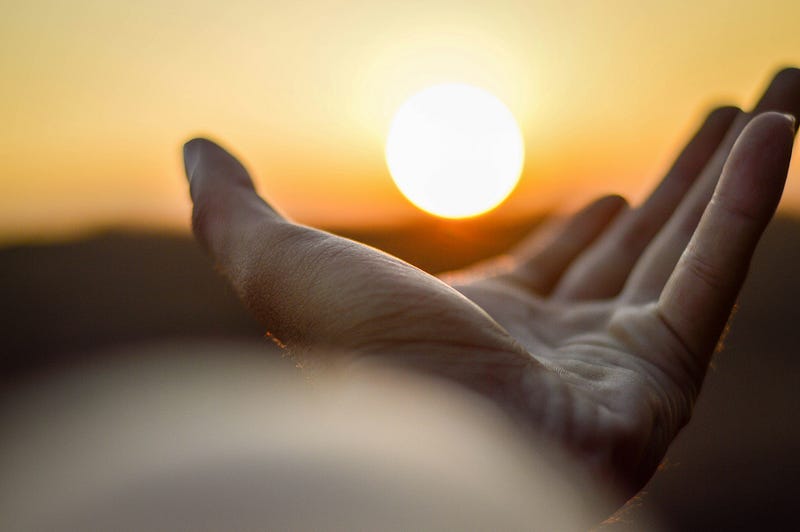How Socrates, Jesus, and Buddha Changed My Life
About Owning Things and How You Can Get Rid of This

I never considered myself a materialistic person. Sure, I had my things – a nice apartment, some cool clothes, the latest gadgets. But stuff wasn’t everything, right? Wrong. At least, that’s what I realized after a particularly stressful week spent organizing and cleaning.
Surrounded by piles of "things" I barely used, a quote from Socrates popped into my head: "The unexamined life is not worth living." Examine my life? Here I was, drowning in possessions, feeling utterly unexamined. So, I started examining.
Jesus' words about not storing up treasures on earth echoed in my ears. Was all this stuff really a treasure, or just a burden? I envisioned the simplicity of his life, and a strange calm washed over me. Maybe I didn’t need quite so much "stuff" to be happy.
Then came Buddha’s teachings on desire. I looked around, realizing how much of what I owned stemmed from fleeting desires, not genuine needs. Did that limited edition coffee mug truly bring me joy, or just a momentary thrill of acquisition?
That week, my apartment transformed. Boxes piled high became donations, unused clothes found new homes in charity shops. With each item gone, a weight lifted. Suddenly, I had space to breathe, to think. Socrates would’ve been proud.
This wasn’t about deprivation; it was about liberation. The less I clung to possessions, the more I clung to experiences, to connections. Sunday brunches with friends replaced expensive dinners with mountains of dishes. Weekend hikes replaced the need for the latest hiking boots (turns out, my old ones worked just fine).
It wasn’t always easy. There were moments of "wanting" – a pang for that new smartphone, a fleeting envy of a friend’s new car. But then, I’d remember the lightness in my life, the freedom from clutter.
Socrates, Jesus, and Buddha may have lived millennia ago, but their wisdom feels more relevant than ever. They taught me that true happiness doesn’t come from things you own, but from the life you live, the experiences you share, and the freedom to examine, to grow, and to simply be. And that, my friends, is a treasure worth keeping.
